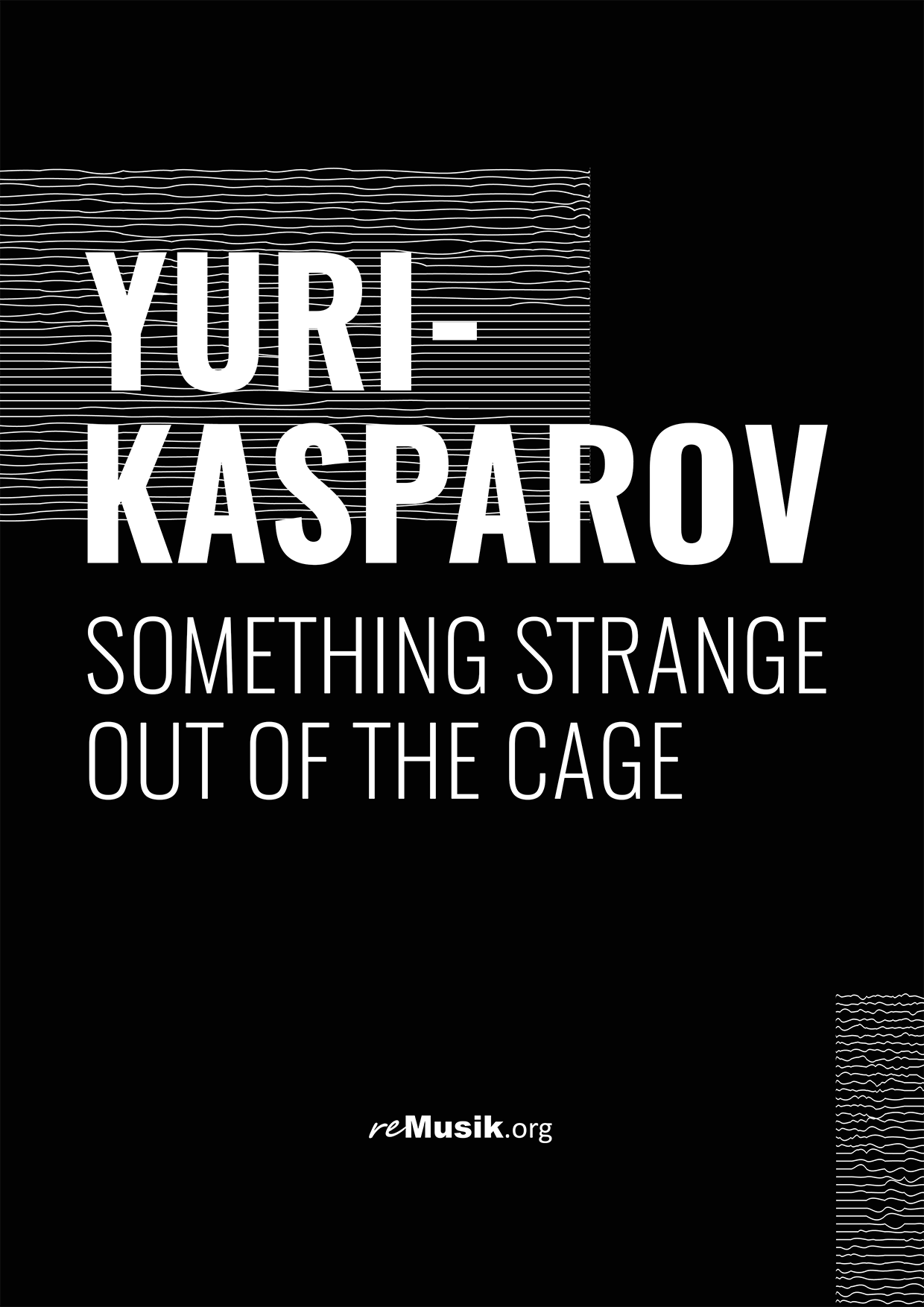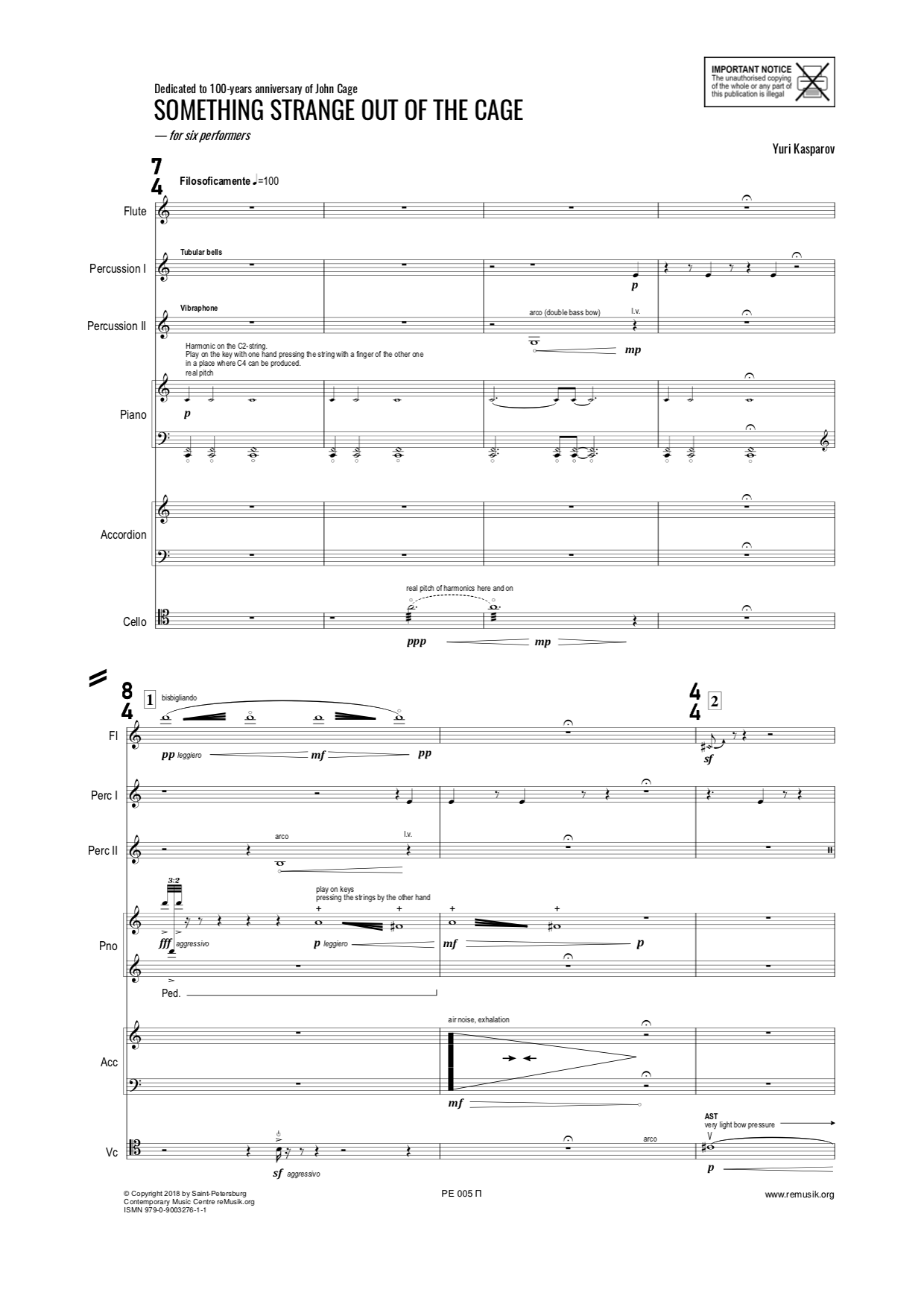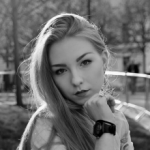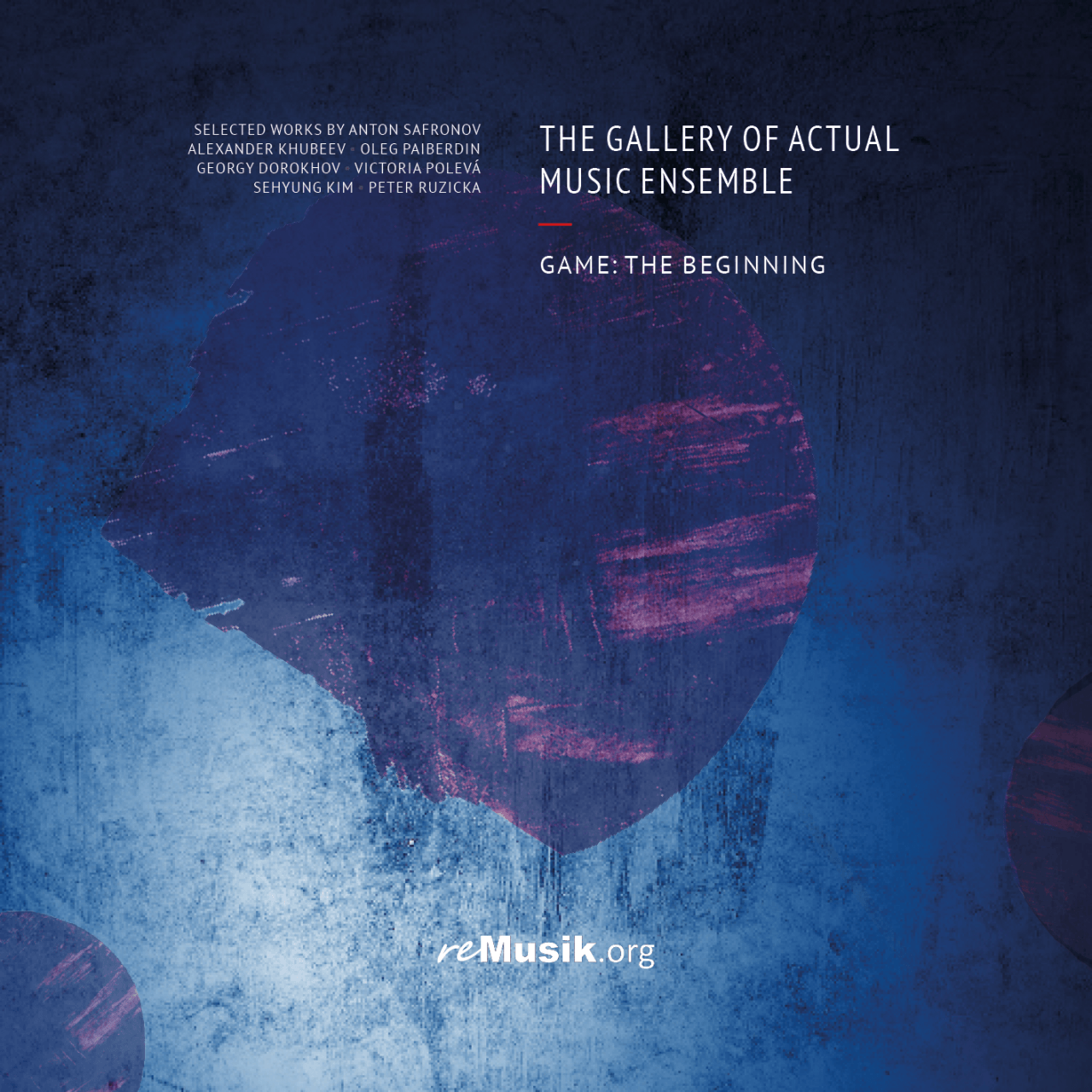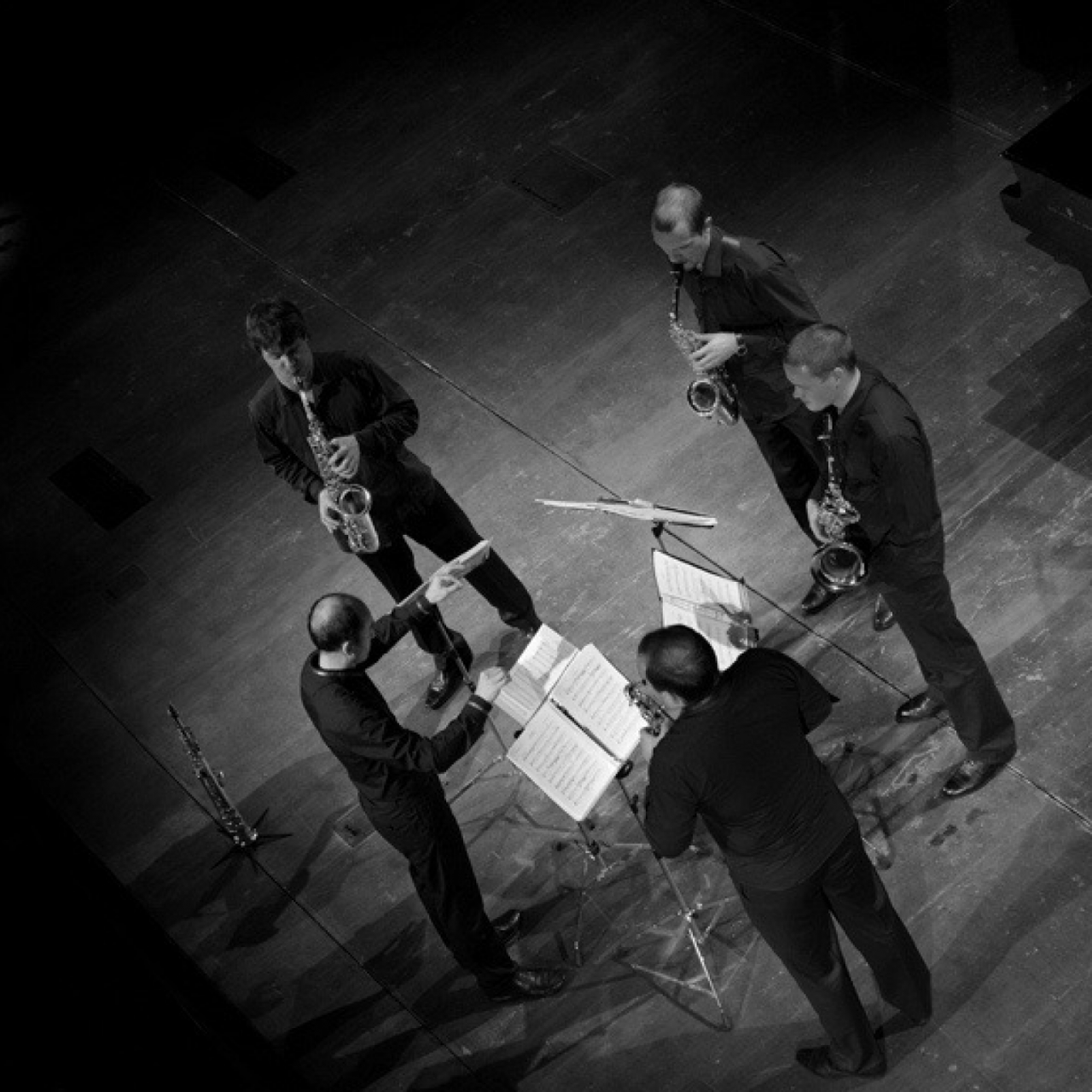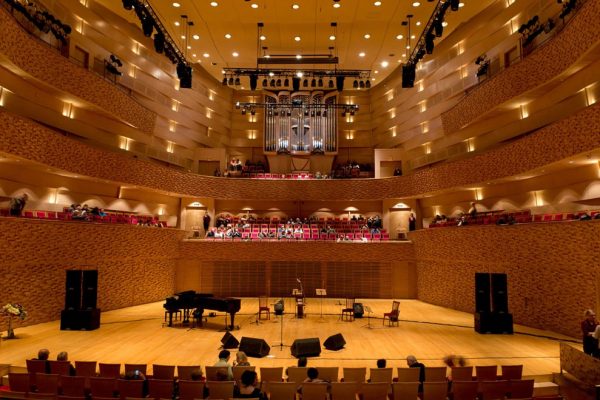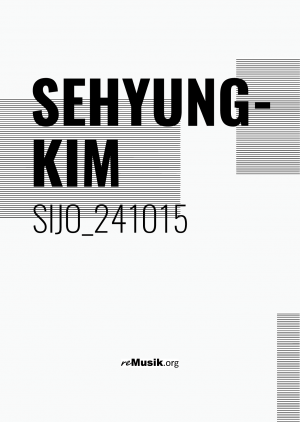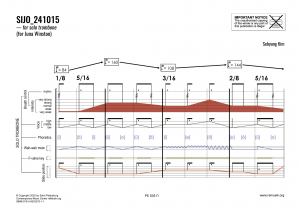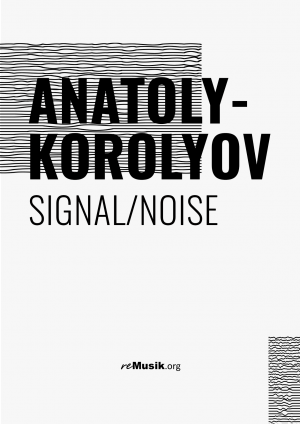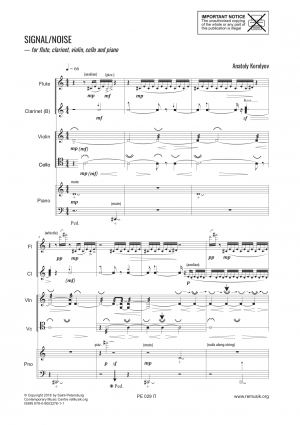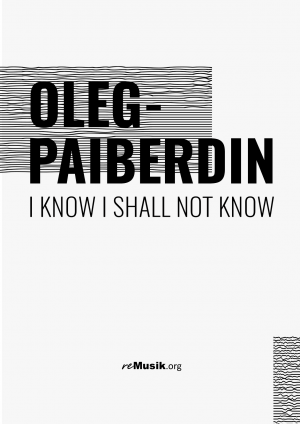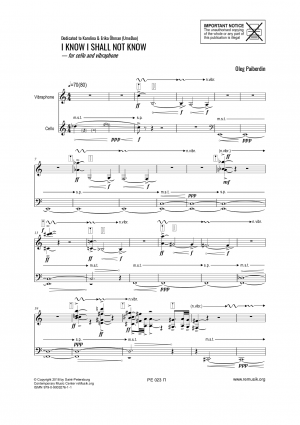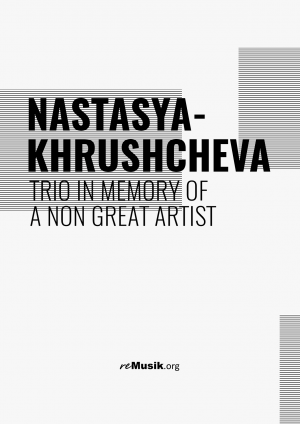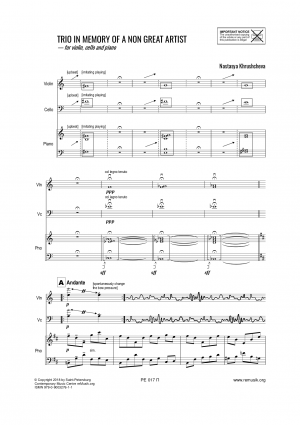“We try to give a voice to the more unknown artists”
“We try to give a voice to the more unknown artists”
Andreas Eduardo Frank, composer and artistic director of Ensemble Lemniscate, answered questions from correspondent of reMusik.org magazine Elizaveta Starichenkova.
— Is your ensemble activity the main one in your career as a musician? If not, where do you work besides the ensemble?
I am mainly active as a composer. Being a curator, working in sound direction and performing on stage are important projects which I am actively trying to push forward besides writing music. In fact it is a nice combination to be a composer and directing an ensemble, as composing is very lonely business and on the other hand being deeply involved in an ensemble brings you constantly in contact with others. It is a fruitful combination. I think it derives from my urge to also interpret, or just do music by others. During my studies I was not only enrolled as a composer, I also studied guitar. After my Bachelor I decided to concentrate on one thing and I became solely a composer. I think working on the other side of creation, the interpreting one, brings me back what I was missing when I stopped playing actively.
— How do you create the program? How early do you generate it?
In my short career of curating I made the experience that creating programs is not only a choice of what you like or do not. It is much more complicated and involves the social environment the ensemble derived from. I think art in general is always bound to a specific constellation of people at a specific place and time. As we are a young ensemble we try to focus on the younger generation of composers, of course implementing some fundamental classics in our programming. Also I think we to distinguish ourselfs from other young ensembles, and at the same I try to program pieces which suit the players within the ensemble. This also helps a keeping the good mood up. It is important to not loose the passion for the music and the contemporary art. It is a complex process, and sometimes it feels like a puzzle. You have all the parts around you. You just have to find the ones which connect to each other, in order to create a picture which is comprehendable from the outside.
— Do you perform the works of young composers as a separate program or only in comparison with the works of their senior colleagues?
That would be totally against our politics to just separate pieces because of a difference in age, or any other difference of appearance. I think, good music will always speak for itself, regardless where or when it comes from or who wrote it.
— While compiling a concert program do you give priority to the “hits” of modern music or little-known ones?
I would say we try to reveal the unheard gems, and give a voice to the more unknown artists, who are the rising stars of the new music scene.
— Do you collaborate with other ensembles? If so, tell about these projects.
Yes, we have a concert series called, swingers club, in which we share an evening with other ensembles. The past concerts of this format where together with Tristero Piano Trio from Helsinki, and Zafraan Ensemble from Berlin. At the moment we are working on the next edition which will happen with Lovemusic from Strasbourg in 2022.
— In your opinion, what is modern academic music in Russia today?
I think the Russian new music scene has brought up an interesting and internationally shining young generation of composers. All are very different of course and the styles are quite unique. I observed one interesting thing though. That is the urge to express a radical sense of liberty within their music.
— What is the music piece of the XX–XXI century, which, in your opinion, should be in the repertoire of each ensemble of modern music?
I think, that does not exist. Every ensemble is different, and all players have different strength. I just think it is important to not waste energy on pieces that do not suit the executing ensemble.
— Which Russian composers do you communicate with, work with?
Dmitri Kourliandski, Alexander Khubeev, Vladimir Gorlinsky, Alexander Chernyshkov, Marina Poleukhina to name a few.
— How did rehearsals of music pieces for the festival take place during the isolation period?
When we started rehearsing, they already started easing the lockdown within Switzerland. At the end it was not a big deal. We kept the necessary distance.
— Tell us about the positive aspects of quarantine – have you managed to discover something new for yourself?
I spent some weeks back home in Nürnberg with my family and took a short break of being creative. Otherwise I was quite busy with reorganizing schedules and replan concerts etc. In summary the best thing was to be back home for some weeks.
For more information, please visit andreas-eduardo-frank.com

